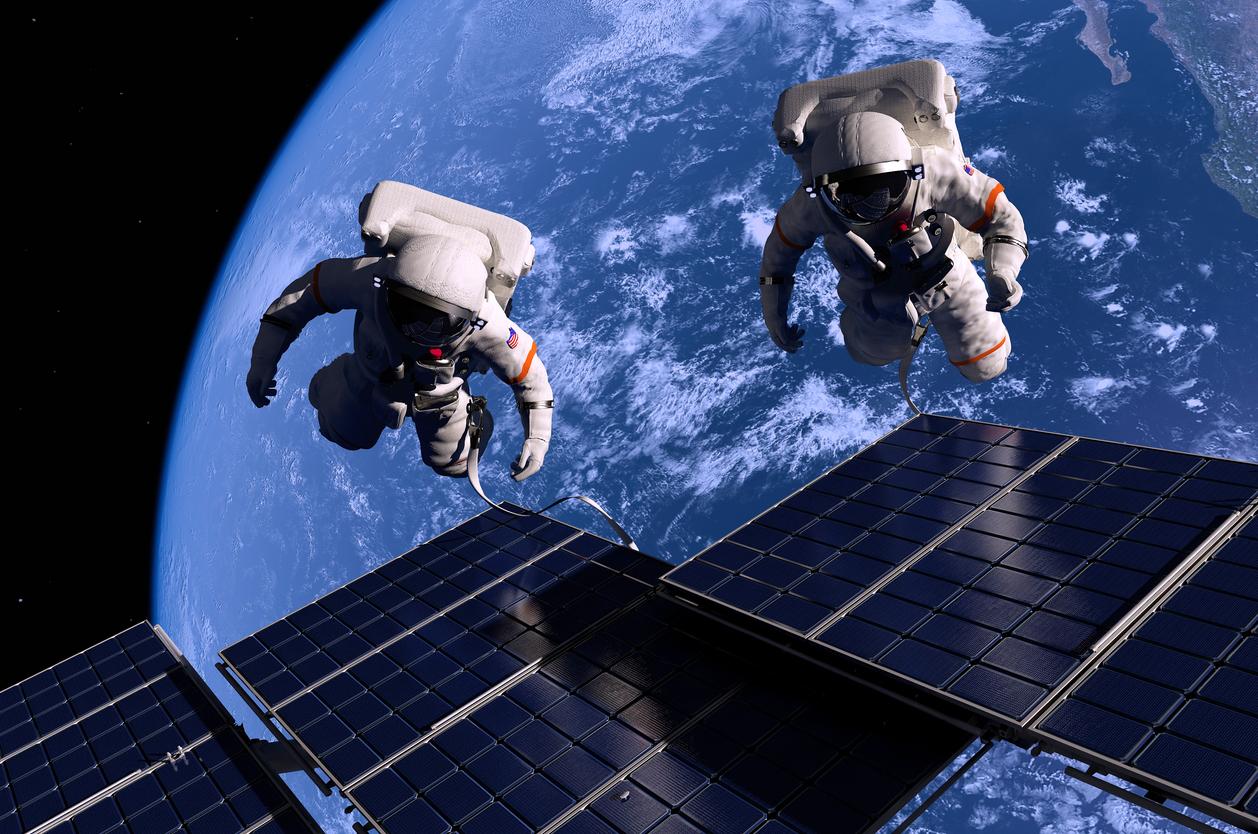American researchers have examined the changes in the structure of the human brain caused by space travel and have discovered surprising consequences for the functioning of the brains of astronauts.

- Space travel has significant effects on the health of astronauts due in particular to the absence of gravity to which they are exposed.
- A study shows that long space trips cause the ventricles that produce and store cerebrospinal fluid to dilate.
- The recovery intervals between two space missions do not always allow the ventricles to regain their capacity.
Space travel has a significant impact on the health of astronauts. Indeed, the space environment is different from that of the Earth, in particular with regard to gravity. Astronauts are subject to a prolonged absence of this gravity or to levels of weightlessness that are not experienced on Earth. This unique situation can disrupt the body’s ability to maintain balance and regulate blood flow and pressures in the head. These upheavals can also alter the structure and function of astronauts’ brains.
Long space travel expands the cerebral ventricles
A study conducted by researchers at the University of California and published in the scientific journal Scientific Reports reveals that space travel has negative consequences on the brain structure of astronauts. MRI results performed on around 30 of them before and after their space travel showed that the duration of missions and the intervals between them can lead to an expansion of the cerebral ventricles, with greater effects observed during longer missions. long and with shorter intervals.
The cerebral ventricles are cavities inside the brain that produce and store cerebrospinal fluid and play an important role in protecting the brain and regulating intracranial pressure. When fluids are no longer constrained by gravity, they increase the filling of the ventricles over the duration of extended space missions, causing them to expand.
Limited effects for short space missions and novices
The study also shows that the effects of the expansion of the ventricles are insignificant for astronauts who leave for the first time and for short missions. However, longer intervals between missions were associated with greater expansion of the ventricles after the astronauts returned to Earth.
The researchers also noted that recovery intervals were important for the brain to return to its original abilities. When the intervals between missions are less than 3 years, the ventricles cannot return to their normal size and capacity. The results of this study underscore the importance of recovery after extended space missions.
Consequences for space flight projects
The implications for future spaceflight are significant. Indeed, several space agencies have long-term spaceflight projects involving less experienced people. The researchers believe that it is essential to take this data into account to protect astronauts. For those of them who have already made many trips to space, preventive measures will also have to be put in place to reduce the impact on their health.
Scientists believe in particular that it is necessary to provide recovery intervals long enough to allow the brain to return to its normal capacities after prolonged space flights.
















